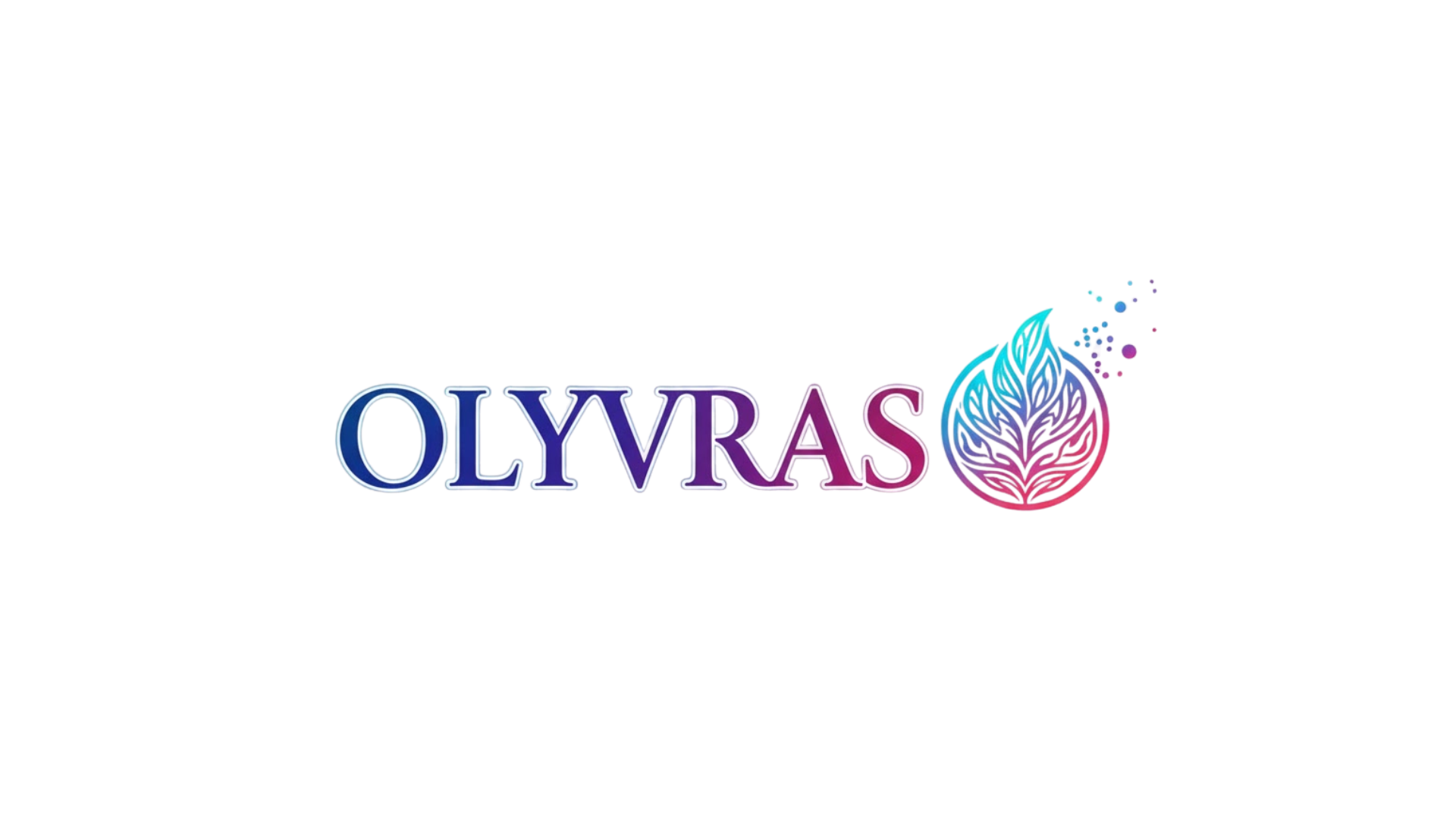Global fair trade certification systems play a vital role in ensuring ethical business practices across international supply chains, protecting workers, communities, and the environment.
In today’s interconnected marketplace, consumers increasingly demand transparency and accountability from the brands they support. Fair trade certification has emerged as a powerful tool to bridge the gap between ethical production and conscious consumption, offering a framework that promotes dignity, sustainability, and equitable economic relationships across borders.
Understanding these certification systems isn’t just important for businesses—it’s essential for anyone who wants to make informed purchasing decisions and support global equity. As we navigate an era where corporate social responsibility has moved from optional to expected, fair trade certifications serve as both compass and conscience for the global economy.
🌍 Understanding the Foundation of Fair Trade Certification
Fair trade certification represents a comprehensive approach to ethical commerce that addresses multiple dimensions of social and environmental responsibility. At its core, the concept challenges conventional trading relationships that often exploit producers in developing nations, creating instead a model where dignity and sustainability take precedence alongside profit.
The fundamental principles underlying fair trade certification include fair pricing that covers production costs and supports living wages, direct trade relationships that eliminate exploitative middlemen, democratic organization of producer cooperatives, environmental sustainability practices, and transparency throughout the supply chain.
These certifications emerged in response to systemic inequalities in global trade that left farmers and artisans in developing countries vulnerable to market volatility and exploitation. By establishing minimum price guarantees and additional premiums for community development, fair trade systems create economic stability that enables long-term planning and investment in better production methods.
The Evolution of Certification Standards
Fair trade certification has evolved significantly since its informal beginnings in post-World War II Europe. What started as charitable initiatives to support disadvantaged producers has matured into sophisticated certification systems with rigorous auditing processes, measurable impact metrics, and widespread market recognition.
Modern certification bodies employ third-party verification, regular inspections, and comprehensive documentation requirements to ensure compliance. This evolution reflects growing consumer sophistication and demands for accountability, pushing certification organizations to continuously refine their standards and enforcement mechanisms.
📋 Major Global Fair Trade Certification Systems
Several prominent certification systems operate globally, each with distinct approaches, standards, and areas of focus. Understanding the differences between these systems helps stakeholders choose the most appropriate framework for their products and values.
Fairtrade International
Fairtrade International stands as perhaps the most recognizable certification system worldwide, identifiable by its distinctive blue and green label. This organization works with producer networks across Africa, Asia, and Latin America, covering products including coffee, cocoa, tea, bananas, cotton, and flowers.
The system operates through national Fairtrade organizations in consuming countries and producer networks in growing regions. Its standards address both product requirements and organizational criteria, ensuring that certified producers meet social, economic, and environmental benchmarks.
Fairtrade International requires democratic organization of producers, prohibits child labor and forced labor, establishes minimum prices, provides development premiums, and mandates environmental protection measures. The certification process involves application, audit, and ongoing monitoring to maintain compliance.
Fair Trade USA
After splitting from Fairtrade International in 2011, Fair Trade USA developed its own certification model with expanded scope. This organization certifies not only smallholder farmers but also larger estates and hired labor situations, broadening access to fair trade benefits.
Fair Trade USA has innovated in areas like factory certification, capturing wild products, and textile production. Their approach emphasizes scalability and market growth, seeking to bring fair trade principles to larger operations while maintaining core standards around wages, working conditions, and community development.
World Fair Trade Organization (WFTO)
Unlike product-level certifications, WFTO offers organization-level certification, verifying that entire businesses operate according to fair trade principles throughout their operations. This approach suits businesses where fair trade isn’t just a product line but an organizational identity.
WFTO’s guarantee system evaluates ten principles of fair trade, including creating opportunities for economically disadvantaged producers, transparency, fair trading practices, payment of fair prices, ensuring no child labor or forced labor, commitment to non-discrimination and gender equity, ensuring good working conditions, providing capacity building, and promoting fair trade while respecting the environment.
🔍 The Certification Process: What It Really Involves
Obtaining fair trade certification requires substantial commitment, documentation, and often organizational restructuring. The process typically begins with self-assessment against published standards, helping producers and traders understand gaps and preparation requirements.
Applications require detailed information about organizational structure, production methods, labor practices, environmental policies, and financial arrangements. This documentation phase often reveals areas needing improvement before formal auditing begins.
Audit and Verification Procedures
Third-party auditors conduct on-site inspections to verify compliance with certification standards. These audits examine physical facilities, interview workers and management, review financial records, and assess environmental practices.
Auditors look for evidence of fair payment systems, safe working conditions, absence of child and forced labor, democratic decision-making processes, and environmental sustainability measures. The comprehensiveness of these audits provides credibility to the certification, distinguishing legitimate fair trade from superficial claims.
Following initial certification, organizations undergo regular monitoring and periodic re-certification audits. This ongoing oversight ensures continued compliance and allows certification bodies to identify emerging issues before they become serious violations.
💰 Economic Implications for Producers and Businesses
Fair trade certification creates distinct economic dynamics that differ from conventional trade relationships. For producers, the guaranteed minimum prices provide crucial income stability, protecting against market crashes that can devastate communities dependent on commodity exports.
The fair trade premium—additional money paid beyond the minimum price—funds community projects chosen democratically by producer organizations. These premiums have financed schools, healthcare facilities, clean water systems, and agricultural improvements across thousands of communities.
Investment Requirements and Returns
Businesses pursuing fair trade certification face upfront costs including application fees, audit expenses, potential facility upgrades, and ongoing licensing fees. These investments can challenge smaller operations but increasingly represent strategic advantages in differentiated markets.
Research demonstrates that fair trade certification can command price premiums in consumer markets, particularly among demographics prioritizing ethical consumption. These premiums often offset certification costs while building brand loyalty and positive reputation.
For producers, membership in certified cooperatives may require initial contributions and ongoing participation in democratic processes. However, access to fair trade markets, pre-harvest financing, and technical assistance often delivers returns that justify these investments.
🌱 Environmental Dimensions of Fair Trade Standards
Environmental sustainability represents a core pillar of fair trade certification, recognizing that social equity and ecological health are inseparably linked. Certification standards typically prohibit the most harmful agrochemicals, mandate waste management systems, protect water resources, and promote biodiversity.
Many fair trade certifications require or incentivize organic production methods, creating market pathways for farmers transitioning away from chemical-intensive agriculture. This alignment between fair trade and organic certification creates synergies that benefit both farmer incomes and environmental outcomes.
Climate change adaptation and mitigation have become increasingly prominent in certification standards. Programs now address carbon footprint reduction, climate-resilient agricultural practices, and reforestation initiatives, positioning fair trade as part of broader climate solutions.
⚖️ Challenges and Criticisms Within Fair Trade Systems
Despite positive intentions and documented benefits, fair trade certification faces legitimate criticisms that merit honest examination. Understanding these challenges helps stakeholders make informed decisions and supports ongoing improvement in certification systems.
Market Access and Scale Limitations
Only a fraction of production from certified organizations actually sells into fair trade markets at premium prices. Many producers sell the majority of their harvest through conventional channels, limiting the financial benefits of certification.
This gap between certified capacity and market demand creates frustration and raises questions about the scalability of fair trade approaches. Expanding consumer markets remains a persistent challenge, particularly during economic downturns when ethical premiums become harder to justify for budget-conscious shoppers.
Certification Costs and Accessibility
The costs of certification—including fees, compliance investments, and administrative burdens—can disadvantage the smallest and most marginalized producers, potentially excluding those most needing fair trade benefits. This paradox has prompted some certification systems to develop tiered approaches and provide technical assistance for capacity building.
Standards Consistency and Enforcement
Different certification systems maintain varying standards, creating confusion among consumers and enabling “certification shopping” where organizations seek the least demanding requirements. Harmonization efforts have made progress, but significant variations persist.
Enforcement challenges also arise, particularly in remote production areas where monitoring is difficult and expensive. High-profile violations have occasionally undermined confidence in certification systems, highlighting the need for robust verification mechanisms.
🔮 Innovation and Future Directions in Fair Trade Certification
Fair trade certification continues evolving in response to changing market conditions, technological advances, and emerging social priorities. Several innovative trends are reshaping how certification systems operate and expand their impact.
Technology Integration for Transparency
Blockchain technology and digital traceability systems are being integrated into fair trade supply chains, enabling unprecedented transparency from farm to consumer. These technologies can reduce verification costs, prevent fraud, and provide real-time information about product origins and supply chain practices.
Mobile technology enables smallholder farmers to access market information, participate in digital cooperatives, and document their practices more efficiently. This digital transformation has potential to reduce administrative burdens while improving compliance monitoring.
Expanded Scope Beyond Traditional Products
Fair trade certification is extending into new sectors including textiles, cosmetics, sports equipment, and gold mining. This expansion brings ethical trading principles to industries with significant labor rights concerns and environmental impacts.
Service sector applications are also emerging, with tourism and hospitality businesses seeking certification for their ethical practices. These developments demonstrate fair trade’s adaptability and relevance beyond its agricultural origins.
🎯 Making Informed Choices as Consumers and Businesses
Navigating fair trade certifications requires critical thinking and ongoing education. Consumers should research specific certification systems, understand their standards and limitations, and recognize that certifications represent minimum standards rather than perfect solutions.
Looking beyond labels to understand broader company practices provides fuller pictures of corporate ethics. Many businesses implement fair trade principles without formal certification, while some certified products come from companies with questionable practices in other areas.
For businesses considering certification, alignment between organizational values and specific certification systems matters enormously. Different certifications suit different business models, product types, and strategic objectives. Due diligence in selecting appropriate certification partners prevents misalignment and wasted resources.
Building Capacity for Ethical Commerce
Supporting fair trade extends beyond purchasing certified products. Advocacy for policies that promote fair trade, education about global trade justice, and investment in producer capacity building all contribute to more equitable international commerce.
Businesses can prepare for certification by conducting internal audits against standards, investing in worker training, documenting supply chains, and engaging with producer communities. This preparation not only facilitates certification but creates lasting organizational improvements.
🌟 The Broader Impact of Fair Trade Certification Systems
Fair trade certification has delivered measurable improvements for millions of producers and workers worldwide. Studies document increased incomes, improved working conditions, enhanced community infrastructure, and environmental benefits in certified supply chains.
Beyond direct beneficiaries, fair trade certification has influenced mainstream business practices, raising standards across entire industries. Even companies not pursuing certification have adopted elements of fair trade principles in response to competitive pressure and stakeholder expectations.
The consciousness-raising function of fair trade certifications has educated consumers about global supply chain realities, creating informed demand for ethical products. This awareness represents cultural change with implications extending far beyond any single certification system.
Fair trade certification demonstrates that alternative economic models are viable, challenging assumptions that exploitation and environmental degradation are inevitable aspects of global commerce. This proof of concept inspires broader movements toward stakeholder capitalism and sustainable business practices.

🤝 Collaborative Approaches to Strengthening Fair Trade Systems
The future of fair trade certification depends on collaboration among diverse stakeholders including producers, certification bodies, businesses, governments, and civil society organizations. Multi-stakeholder initiatives are developing harmonized standards, sharing best practices, and addressing systemic challenges beyond individual certification systems.
Government policies can support fair trade through preferential procurement, tax incentives, and trade agreements that recognize certified products. Public sector engagement legitimizes fair trade principles and scales their impact beyond voluntary consumer choices.
Academic research continues documenting fair trade impacts, identifying improvement opportunities, and developing methodologies for measuring social and environmental outcomes. This evidence base strengthens certification systems and guides strategic evolution.
As global awareness of social justice and environmental sustainability intensifies, fair trade certification systems stand at a crucial juncture. The principles underlying these certifications—dignity, equity, sustainability, and transparency—resonate across cultures and political perspectives, offering common ground in polarized times.
Ensuring ethical practices through fair trade certification requires ongoing commitment from all participants in global commerce. Producers must maintain standards, certification bodies must enforce rigorously and evolve thoughtfully, businesses must integrate fair trade authentically rather than superficially, and consumers must support ethical products with their purchasing power.
The complexity of global supply chains means that fair trade certification alone cannot solve all ethical challenges in international commerce. However, these systems provide essential frameworks, verification mechanisms, and market pathways that make ethical trade practically achievable rather than merely aspirational.
By navigating fair trade certification systems with informed understanding of their strengths, limitations, and evolving nature, we collectively build more just and sustainable global economic relationships—one certified transaction at a time.
Toni Santos is a global-policy researcher and ethical-innovation writer exploring how business, society and governance interconnect in the age of interdependence. Through his studies on corporate responsibility, fair trade economics and social impact strategies, Toni examines how equitable systems emerge from design, policy and shared vision. Passionate about systemic change, impact-driven leadership and transformative policy, Toni focuses on how global cooperation and meaningful economy can shift the scenario of globalization toward fairness and purpose. His work highlights the intersection of economics, ethics and innovation — guiding readers toward building structures that serve people and planet. Blending policy design, social strategy and ethical economy, Toni writes about the architecture of global systems — helping readers understand how responsibility, trade and impact intertwine in the world they inhabit. His work is a tribute to: The global commitment to equity, justice and shared prosperity The architecture of policy, business and social impact in a connected world The vision of globalization as cooperative, human-centred and regenerative Whether you are a strategist, policymaker or global thinker, Toni Santos invites you to explore ethical globalization — one policy, one model, one impact at a time.




